Cornerstone: Transparity take on the role of outsourced IT development
- 250+
- App Innovation
- Information Technology

About Cornerstone
Cornerstone is a joint venture company set up by Telefonica & Vodafone. It provides telecom infrastructure services by owning, building, maintaining and managing the passive telecom assets.
The challenge
Cornerstone was in the process of implementing an IT system that would manage their entire estate (circa 21,000 sites). This system needed to contain all details of the estate and ensure a greater level of automation could be achieved between Cornerstone, its customers and suppliers. This project was named Caesium.
A requirement that came about as part of Caesium was the need for an Enterprise Service Bus (ESB) platform to link Caesium to the various existing internal, supplier and shareholder systems.
The primary goals of the integration project were:
- Providing uniform access to relevant business data, to Cornerstone shareholders’, customers’ and suppliers’ IT systems
- Automation of business processes between Cornerstone and its customers and suppliers
- Automation of internal business processes
- Ensuring business processes are driven by high-quality data by avoiding manual information re-keying into multiple systems
At the same time the integration approach needed to:
- Ensure versatility to easily onboard different partners and suppliers
- Underpin Cornerstone initiative to become a service-oriented organisation
- Provide flexibility to adapt to change in Cornerstone shareholders’ IT environments and processes
- Provide Cornerstone with control over access to its business data by enforcing security policies
Cornerstone was looking to utilise BizTalk integration to fulfil the requirement and Transparity took on the role of outsourced IT developers to get the project done.
The solution
Our approach to this situation was to use Out of The Box (OOTB) BizTalk features with additional customisation.
The ESB development was based on BizTalk 2016. Standard BizTalk Adaptors were used, primarily for provisioning and calling Web Services. No custom adaptors needed to be developed.
The endpoints were designed to accept generic payloads and the content/messages were authorised and routed inside generic BizTalk orchestrations using authorisation and routing tables.
All message types, from all adaptors, required schemas (i.e. XSDs) and were mapped to/from internal ESB canonical schemas using mappings.
In order to support a high degree of resilience and fast response time, the system has been designed to operate, on BizTalk 2016 Enterprise or Standard Editions. BizTalk Enterprise Edition supports BizTalk Groups which offer an active-active cluster of servers. This has the advantage that in the event of a single server failure another server in the cluster would take over with no loss of service. The cluster is also active on both nodes and so message processing is shared between servers resulting in an improved response time.
The support hours began on go-live of the system with hours purchased on account and called off as they are used. The support is flexible and uncomplicated, being used for fixes, as well as updates, routine maintenance and system health checks.
The outcome
On completion of this project successfully, additional development projects were undertaken throughout 2020. We also continue to support this BizTalk integration application.
"Application & BizTalk Integration specialist companies such as Transparity are an essential part of improving the efficiency and productivity in organisations that deal with large amounts of data, especially ones that receive data from external organisations and manage work issued to separate subcontracting organisations. Automating all these data interchanges, through the integration of corporate applications, increases response time to near real-time, reduces rekeying to zero and takes all human error out of the system."
Geoff Ballard - Technical Head of Practice for App Innovation
